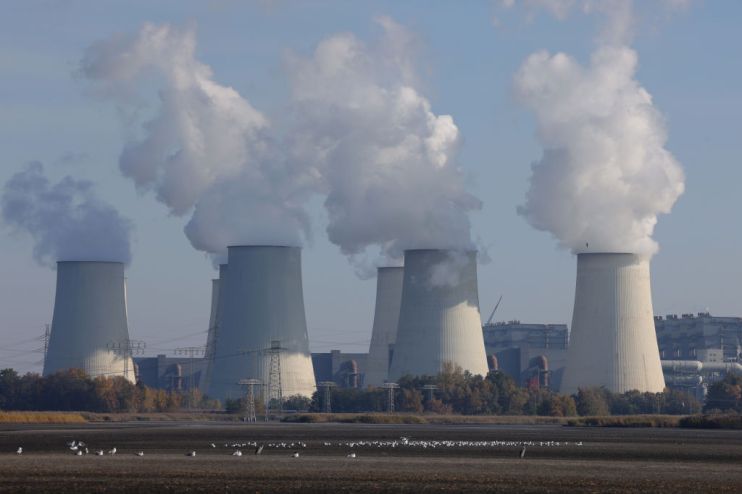COP26: IMF calls for developed economies to face higher carbon costs

The International Monetary Fund is pushing for a global price on carbon, and wants wealthier countries to pay a greater share of the costs.
The financial institution’s managing director Kristalina Georgieva has proposed an international carbon price floor to ensure “large emitters have compatible carbon pricing”.
Speaking at the COP26 climate conference in Glasgow, she argued that making carbon pricing equitable was crucial to keeping temperatures within 1.5 degrees of today’s levels.
She was “very attached to putting a price on carbon,” and wants prices to be dictated by development levels.
In her view, it was important to create an equivalency between development of a country, and the price they paid for carbon.
This means prices would be lower for low-income countries, higher for middle income countries, and “somewhat higher again” for rich economies.
Georgieva said: “We also want this international carbon price floor to be pragmatic. We believe that a carbon tax is the best way to go. It is most efficient.”
The IMF managing director believed that the price needed to reach $75 a ton or more to be meaningful but the “not-so good news” is that the average global price of carbon is around $3 per tonne.
She praised Uurguay’s introduction of carbon prices at $120 a tonne, and the European Union’s Emissions Trading System.
However, she warned that without unified global action, there will have to be “border adjustment mechanisms” that would make trading more difficult.
Georgieva explained: “That would be a huge headache. And it would be also much less efficient than if we all move to adopt a carbon price regime with equivalencies that make it work.”
While carbon pricing would be controversial and cause initial economic difficulties, she believed the measures would deliver “incentives for innovation.”